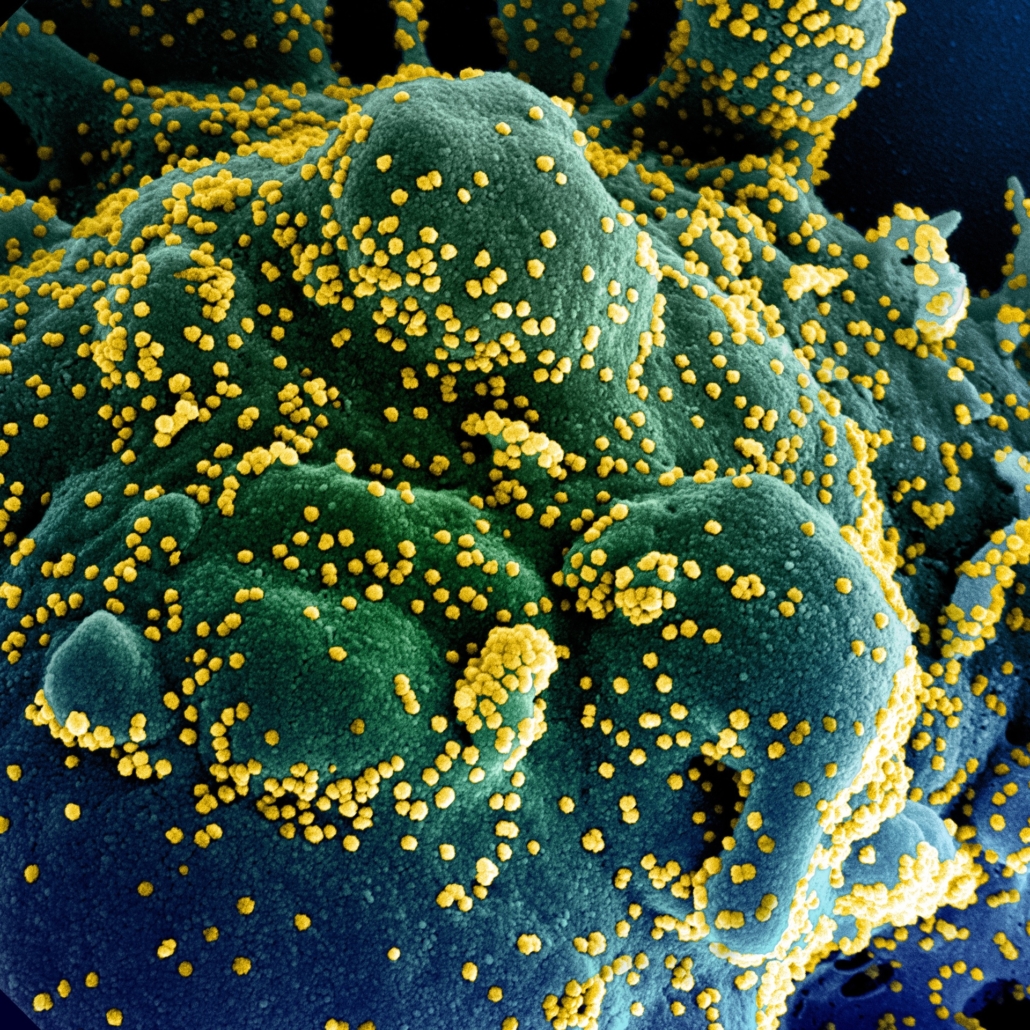
EMA greenlights BioNtech’s COVID-19 vaccine
Following a rapid FDA approval, the European drug authority EMA has recommended to conditionally approve BioNTech's mRNA vaccine BNT162b2 in the EU.
It’s the first time, that the European Medicines Agency (EMA) has recommended a mRNA vaccine. On Monday, the drug agency cleared the way for BNT162b2, which will be marketed globally except China by Pfizer Inc. under the brand name Comirnaty.
The CHMP’s recommendation is based on Phase III data that have been published in The New England Journal of Medicine. The conditional marketing authorization granted by the European Commission yesterday evening,was immediately effective in all 27 EU member states. Currently, the vaccine is temporarily approved or has emergency approval in more than 15 countries, according to BioNTech. Additional regulatory submissions are under review in various countries, it said, and additional submissions are planned.
The German Pharma Association VFA, which stressed that approval of further vaccine candidates against SARS-CoV-1 will be crucial to " to overcome the pandemic" and to "meet global demand." According to VDA head Han Steutel, it is not yet known, which vaccines will provide the longest protection, which are also suitable for minors, and which additionally reduce the risk of infection for others when vaccinated. While BioNTech is a biotech company, the VFA celebrated the EMA recommendation as a success of Germany "as a pharmaceutical location".
BioNTech stated that its vaccine has been demonstrated to be protective against several mutations of the new coronavirus. Most recently a new mutation, which is up to 70 per cent more contagious that the most common form of SARS-CoV-2, spread from the UK to Germany and Italy. As this is no reason to panic, it shows that the virus is adapting to its host to speed up its spread, which means a selection advantage . In contrast, higher mortality is a seletion disadvantage because high mortality reduces the the number of potential hosts for the virus.
However, there are exceptions from this general rule. A mutated poultry virus called the Marek virus accelerated its spread so extremely through interaction with host transcription factors in the 1980ties that it became resistant against an existing vaccine. However, it took 20 years before the Marek virus became so infectious that it flooded its host’s blood, thereby breaking vaccine protection and getting 7-fold more deadly than before.


 Immunic/Nela Dorner
Immunic/Nela Dorner
